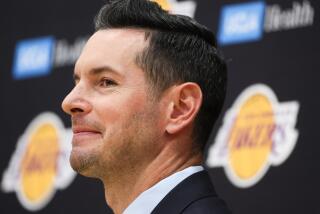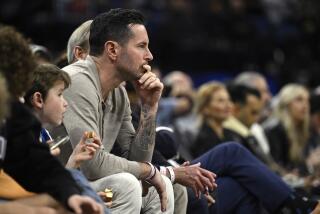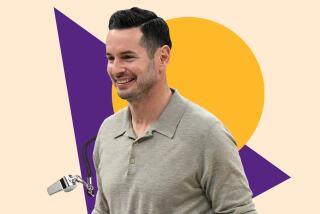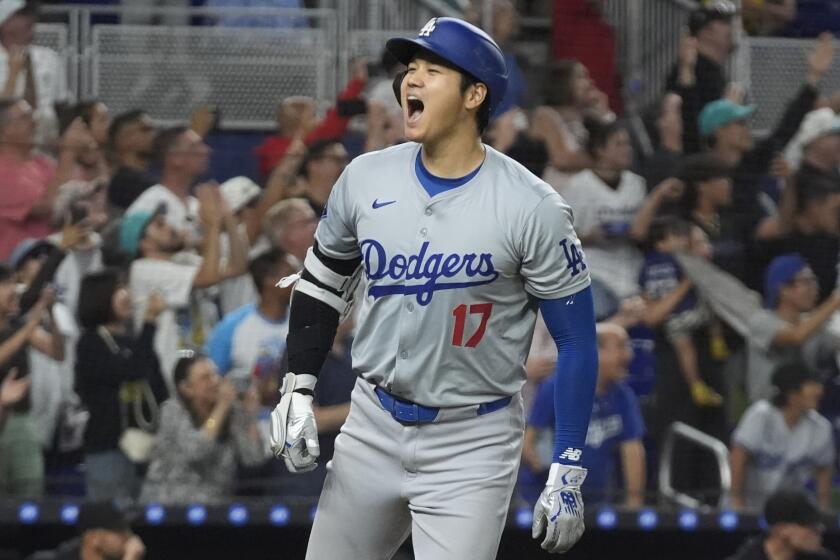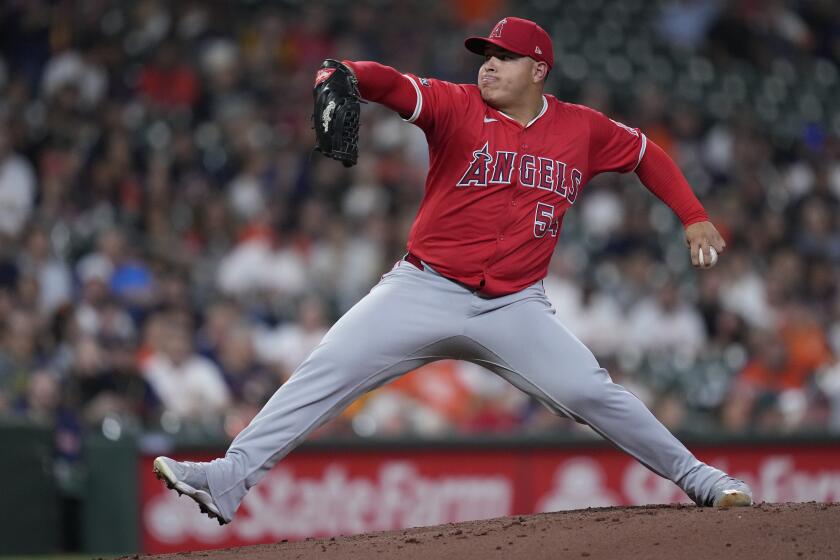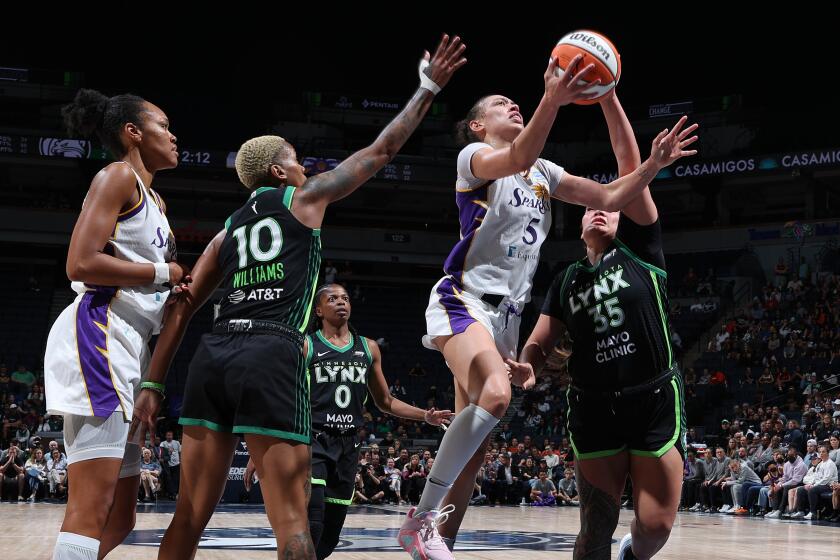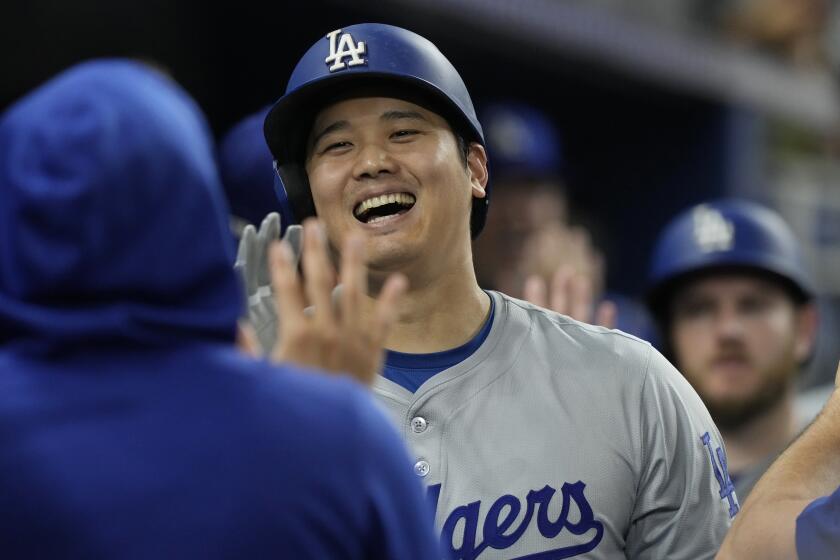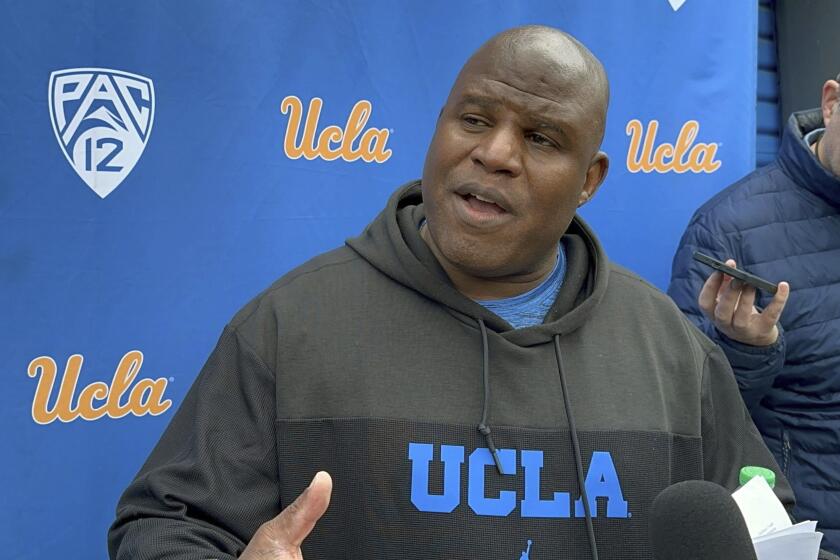Wanted: Pro sports coach. No experience necessary.
The Chicago Bulls took a chance on Tom Thibodeau last June and, in return, he took them to the Eastern Conference finals in his first year as an NBA head coach.
Thibodeau, who won coach-of-the-year honors too, was one of 10 coaches in the 30-team league this season who had no NBA head coaching experience before being hired for that position. But despite, in most cases, their relative newness to the job, seven of them made it to the 16-team playoffs.
It seems the long-held belief that professional sports is made up of coaching retreads just isn’t true anymore. In fact, since 2010, 26 of the 42 hires made by teams in the four major sports leagues have been first-time head coaches.
In the NHL, 12 of the 30 teams are led by first-time head coaches. And of the 30 Major League Baseball teams, 12 of the managers had no experience as the top guy before getting the job.
And then there is the National Football League, where 24 of its 32 teams are run by men who were hired as first-year coaches.
Executives, coaches and others say all these rookie hires reflect several factors, from the copycat nature of teams searching for success to the cutthroat ideologies of owners, who have cut coaching life spans and limited second chances.
One possible reason for the success of first-timers is if the coaches have certain personality traits or backgrounds that immediately mesh with the players.
But it all starts with the franchise.
Bob LaMonte, a sports agent who runs Professional Sports Representation and represents executives and coaches on 26 NFL teams, delivered a lecture at New York University a few years ago titled “The Avocado and the Onion.”
Decades ago, if you peeled back the layers of an organization, he said, you’d find, like in an avocado, a solid core, a unifying philosophy, such as the “Steeler Way” that embodies the NFL’s Pittsburgh Steelers.
“In the 20th century,” he said, “it has become the onion: You peel away, and there’s nothing there.”
Part of that, LaMonte said, is that most owners now expect immediate returns — especially as player salaries have skyrocketed — and if they don’t get it, heads roll.
“And as you get mega-, mega-billionaires involved in this industry, they’re used to firing tens of thousands of people, so it’s not that big of a deal to fire a coach,” LaMonte said, adding, “It’s no longer about the Xs and O’s; it’s about the CEOs.”
For coaches, the job is daunting enough.
“You prepare your whole life for that job and you sit down in that chair for the first time and you realize you have no clue what you’re doing,” said Brian Billick, an NFL Network analyst and former coach of the Baltimore Ravens, his first stint at the helm. “It’s all on-the-job-training.”
And even when Billick won a Super Bowl in his second season, 2000, that didn’t make it easier.
“When you’re able to put that Super Bowl ring on, that puts you in a different group and a different status,” he said, “but you immediately recognize, ‘Now what do I do?’ Because you set that bar. You’re going to be measured going forward because of that.”
Mike Scioscia lacked managerial experience at the major league level before the Angels hired him in 1999, and he won the World Series in his third season. But he said it’s rare to achieve quick success.
“Most of the time, if there’s a managerial change, it’s because the team is pretty bad,” Scioscia said.
The question, then, becomes: Do you take a “retread” or a rookie?
Retread coaches can come from all over, but often come from successful organizations.
Example: Vancouver Canucks Coach Alain Vigneault and Boston Bruins Coach Claude Julien, whose teams were in the Stanley Cup finals, were both head coaches first with the Montreal Canadiens, the winningest franchise in the NHL with 24 championships.
If teams hire a rookie, a popular choice is a former player or a longtime assistant. It helps if both come from a winning organization or worked under a legendary coach, which explains the number of “coaching trees.”
A notable such tree is “Holmgren’s Heroes,” the nickname for the six assistants under former Green Bay Packers coach Mike Holmgren who became head coaches.
The decisions will be scrutinized, as was the Orlando Magic’s 1999 hiring of Doc Rivers by then-general manager John Gabriel.
Many thought Rivers, a former NBA guard, wasn’t ready, but Gabriel thought otherwise after interviewing him.
“It was pretty clear you were talking to someone that was special, someone that sounded like they’ve had a handful of years of experience under their belt already,” Gabriel said.
The hire paid off. After his first season, Rivers was voted coach of the year. Although he was later fired, in 2008 he coached the Boston Celtics to an NBA title. Thibodeau was his assistant in charge of the defense.
In the NBA, former point guards — often known as extensions of the coaches on the court — have had more success becoming coaches than their big-men counterparts.
That’s the case with Mark Jackson, who spent 17 years in the NBA as a point guard and was recently hired by the Golden State Warriors. Jackson is a gamble; he came from the broadcast booth, where he has been a commentator. He has no coaching experience at any level.
“He played in the league on his smarts, his guile and his desire,” said Jerry West, a member of the Warriors’ executive board, “and if he’s able to transfer that from a player to a head coach, he will be very successful — if he has good players around him.”
Having good players is crucial, West said, regardless of the sport or level: “I don’t care who you are as a coach, you can’t win unless you have talent.”
Other factors that can help: a veteran staff and respect from the locker room or clubhouse, since players are inherently skeptical of first-year coaches.
“The more respect you command, the better your chances [are] of success early,” said USC men’s basketball Coach Kevin O’Neill, a rookie coach for the Toronto Raptors in 2003-04.
Most note how the hiring of first-year coaches is cyclical.
LaMonte said that in the NFL about a decade ago, it was about experience. But the pendulum swung partly because of successful young coaches such as the Pittsburgh Steelers’Mike Tomlin.
He said it should swing back in a few years. But he thinks first-year hires will always remain popular “if you hire a young coach, don’t pay him anything, and he’s successful.”
West said there have been more first-year hires lately because many older coaches are near retirement or have retired, such as Phil Jackson. Or because most coaches are fired and often not given second chances, so eventually you’re forced to hire outside the retread coach pool.
To this end, West said he believes in continuity — “How can you expect overnight for one coach to make a difference?
“You’re like the judge, jury and executioner — and maybe you should take a look at yourself,” West said.
But given how quickly most front offices pull the plug on coaches, there’s little tolerance for losing.
“So, you wonder,” said Steve Kerr, a TNT analyst and former Phoenix Suns general manager, “How many good coaches are out there that never got the chance, or maybe they got the chance for a year or two, and that was it?”
More to Read
Go beyond the scoreboard
Get the latest on L.A.'s teams in the daily Sports Report newsletter.
You may occasionally receive promotional content from the Los Angeles Times.
